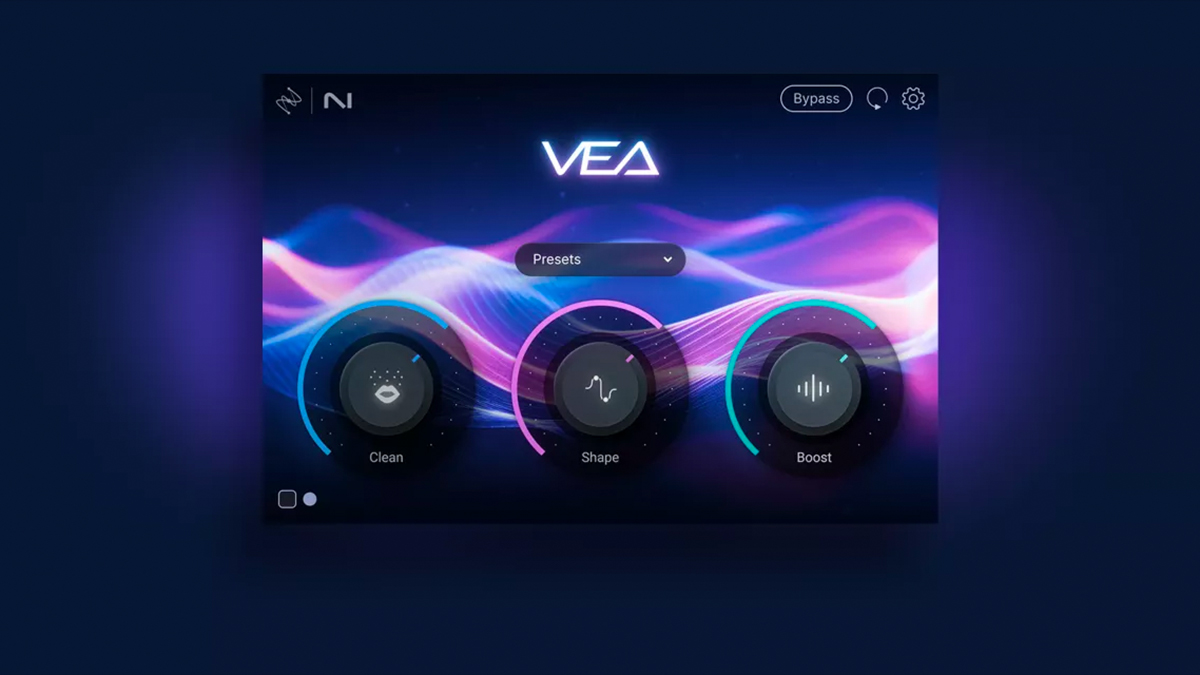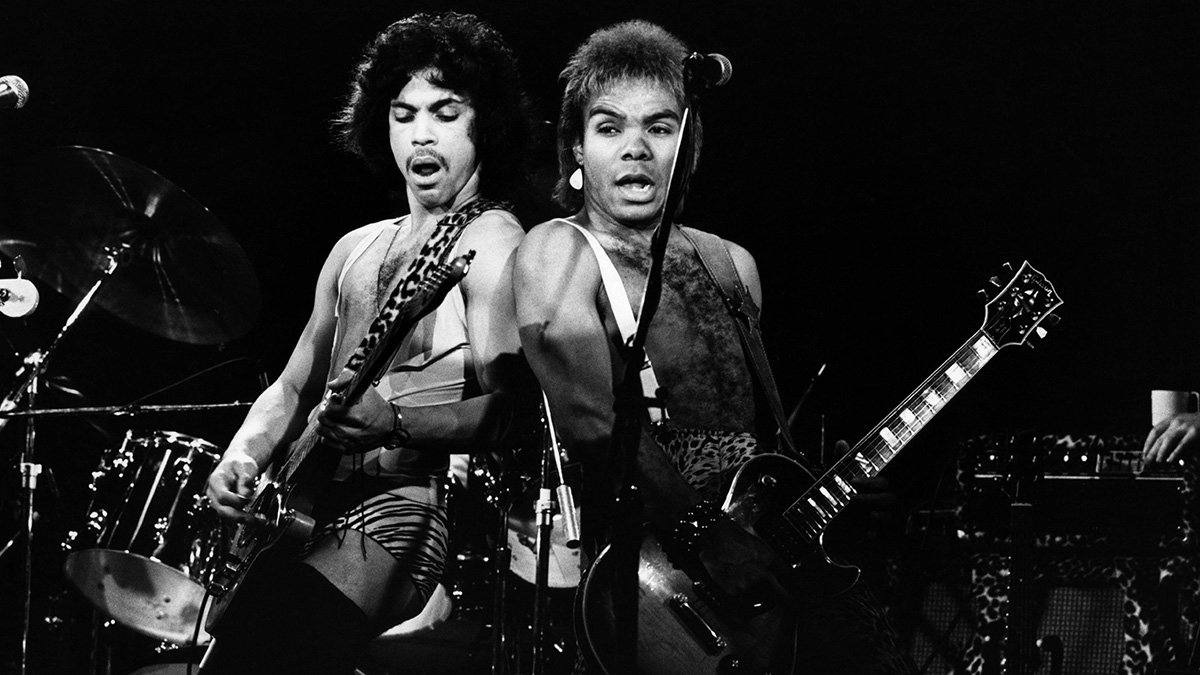NAMM 2024: Love the sound of your own voice? iZotope’s AI-powered Vocal Enhancement Assistant plugin promises to make it sound even better
At least the quality of your spoken word recordings will be high, even if what you’re saying doesn't make sense

NAMM 2024: More people are recording their voices than ever before - we’ll leave you to decide which of tehse voices are actually worth listening to - so a plugin that offers an easy way of improving the sound of the spoken word has a large potential audience. With that in mind, allow us to introduce you to iZotope’s VEA - an AI-powered Vocal Enhancement Assistant.
Promising to make any voice recording “more powerful, more polished, and more professional,” this is designed for podcasters and other content creators and features enhancement technology from RX, Ozone and Nectar, some of iZotope’s other products.
The company says that VEA is adept at increasing clarity, setting more consistent levels and reducing background noise. It offers three simple controls to help you with this: Shape, Boost and Clean.
The Shape dial is billed as an alternative to an EQ, and can tailor your recording’s tone, while the Boost knob handles compression and limiting to even out your volume. Clean is effectively a de-noiser, designed to eliminate background sound and keep your voice intact.
If you have a podcast idol, there’s also the Audiolens feature, which enables you to target a specific voice recording that you like and try and replicate its sound. VEA’s attempt to match the tone is visualised so you can see how close it’s getting.
VEA runs on PC and Mac in VST/AU/AAX formats and costs $29. You can find you more and download a 10-day demo on the iZotope website.

Get the MusicRadar Newsletter
Want all the hottest music and gear news, reviews, deals, features and more, direct to your inbox? Sign up here.



I’m the Deputy Editor of MusicRadar, having worked on the site since its launch in 2007. I previously spent eight years working on our sister magazine, Computer Music. I’ve been playing the piano, gigging in bands and failing to finish tracks at home for more than 30 years, 24 of which I’ve also spent writing about music and the ever-changing technology used to make it.









